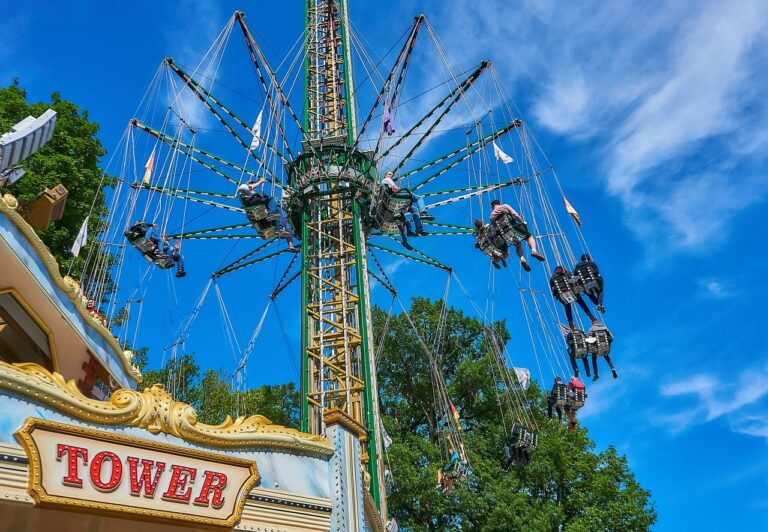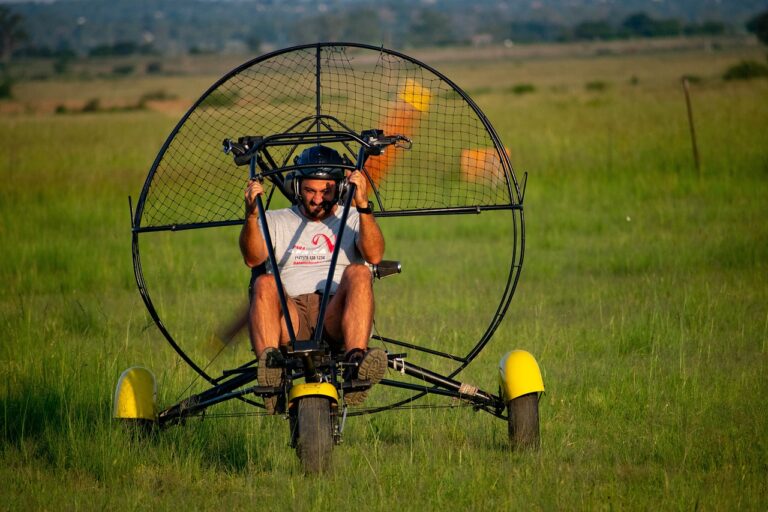Music Festivals in the Digital Age: Beyond Coachella and Glastonbury
Music festivals have become an integral part of the global music industry, attracting music enthusiasts from all walks of life. These events offer a unique opportunity for artists to showcase their talent, connect with their fans, and reach new audiences. From iconic festivals like Coachella and Glastonbury to niche festivals focusing on specific genres, the diversity of the music festival landscape continues to expand.
Each music festival brings its own distinct atmosphere and vibe, drawing crowds to immerse themselves in the music, art, and culture on offer. Beyond the music performances, festivals often feature art installations, workshops, and interactive experiences that add to the overall appeal. The communal spirit and sense of unity fostered at these events create a vibrant and unforgettable experience for attendees, making music festivals a cherished tradition in the modern music scene.
Music festivals offer artists a platform to showcase their talent and connect with fans
Diversity in the music festival landscape continues to expand, catering to different tastes and genres
Festivals feature art installations, workshops, and interactive experiences beyond music performances
Communal spirit and sense of unity at festivals create vibrant and unforgettable experiences for attendees
Evolution of Music Festivals in the Digital Era
Music festivals have undergone a significant transformation in the digital era, with technology playing a pivotal role in shaping the experience for both artists and festival-goers. The digital age has revolutionized the way festivals are organized, promoted, and experienced, leading to a more interactive and immersive environment. From online ticket sales to live streaming of performances, technology has made it easier for music enthusiasts to engage with their favorite artists and festivals on a global scale.
Furthermore, social media platforms have become powerful tools for promoting and sharing the festival experience, allowing attendees to document and share their moments in real-time. Artists can also connect with their fans directly through social media, creating a more intimate and personalized experience for concert-goers. As technology continues to advance, we can expect music festivals to become even more integrated with digital innovations, offering new and exciting ways for people to connect through the power of music.
Impact of Technology on the Music Festival Experience
Technology has undeniably transformed the music festival experience for both organizers and attendees. From advanced ticketing systems to cashless payment options, technology has streamlined processes and enhanced convenience. Festivals now offer interactive apps that provide real-time updates on schedules, maps, and artist information, allowing attendees to customize their experience and stay informed throughout the event.
Additionally, technology has revolutionized the way artists and fans connect at music festivals. Livestreaming performances and virtual reality experiences have extended the reach of festivals beyond the physical venue, allowing fans from around the world to participate in the excitement. Social media platforms have also played a significant role in amplifying the festival experience, as attendees can share their moments instantly with a global audience, creating a sense of community and belonging that transcends geographical boundaries.
How has technology changed the music festival scene?
Technology has revolutionized the music festival experience by enabling organizers to streamline ticketing, enhance communication with attendees, and incorporate interactive elements like virtual reality and augmented reality.
What role do social media platforms play in music festivals?
Social media platforms play a crucial role in promoting music festivals, engaging with fans, and creating buzz before, during, and after the event. They also provide a platform for attendees to share their experiences and connect with others.
How has the use of mobile apps impacted music festivals?
Mobile apps have made it easier for attendees to access event information, create personalized schedules, navigate the festival grounds, and even engage with interactive features like photo filters and exclusive content.
What are some examples of technological innovations at music festivals?
Some examples of technological innovations at music festivals include cashless payment systems, RFID wristbands for access control, live streaming of performances, and interactive art installations powered by AI and AR technology.
How has technology improved the overall fan experience at music festivals?
Technology has enhanced the overall fan experience at music festivals by providing more convenience, personalization, and engagement opportunities, ultimately creating a more immersive and memorable experience for attendees.







